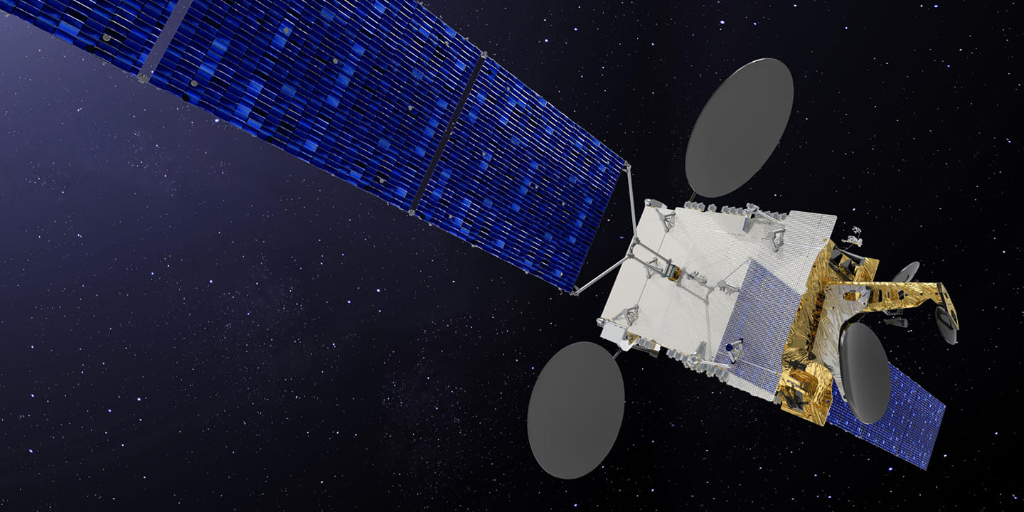When Egypt launched NileSat 101, the Middle East’s first-ever telecommunications satellite, into space on 28 April 1998, it significantly improved the speed and quality of television service. Two decades, and two other launched NileSats later, NileSat 301 catapulted into orbit on 9 June 2022.
News of a satellite launching might not seem remarkable to many. Yet, much like NileSat 101, NileSat 301 plans on revolutionizing Egypt’s internet speed and expanding its television reach.
Egypt’s internet: improving slowly but surely
Since the start of the COVID-19 pandemic in March 2020, and its subsequent lockdown, Egypt has been on a mission to deftly develop its internet quality. During the first months of the pandemic, in particular, Egypt’s lack of 4G and wireless broadband internet strength became apparent as homes across the nation experienced slow connection due to soaring nationwide internet usage.
In the months following the pandemic, a report issued by the Ministry of Communications and Information Technology indicated that internet penetration, reflecting the number of users who have access to the internet, stood at 57 percent as of September 2020, while phone penetration rate stood higher at 94 percent.
Despite the improvement, Egypt continues to fall behind in terms of speed and quality. Speedtest, a world-renowned internet quality measurement tool by network analytics company Ookla, measured Egypt at 83 out of 182 in terms of local broadband (domestic internet access), and 87 out of 141, in terms of mobile internet.
Egypt’s NileSat 301 aims to bring Egypt’s internet speed and quality to the next level, through a wider network infrastructure and stronger signals.
Launching Egypt to faster speeds
The Egyptian government launched the new satellite as an upgrade to its withering predecessor, NileSat 201, set to decommission in 2028.
NileSat 301, which was a joint-venture between Thales Group and Leonardo, two multinational corporations in the electrical industry, was launched by Elon Musk’s private space manufacturers and launch provider, SpaceX.
“NileSat 301 will provide expanded broadband internet services to cover Egypt, including remote areas, new projects, infrastructure projects, and new urban communities, as well as gas and oil fields in the eastern Mediterranean,” says Ahmed Anis, Chief Executive Officer of NileSat.
The satellite will also include 38 channels, an upgrade from the 26 channels on Nilesat 201, covering signals from South Africa to the Nile Basin region.
Egypt’s NileSat 301 is the country’s seventh satellite, and it will not be the last, as the country continues to upgrade its telecommunication services. For now, Egypt‘s NileSat company expects it to become the latest upgrade, as the country expects to receive full operation and control of NileSat 301 on 20 July, with hopes of immediately reaping the boosted benefits it brings.







Comments (2)
[…] مصر لديها مشكلة في الإنترنت ، خطط نايل سات 301 لإصلاح ذلك […]
[…] مصر لديها مشكلة في الإنترنت ، خطط نايل سات 301 لإصلاح ذلك […]